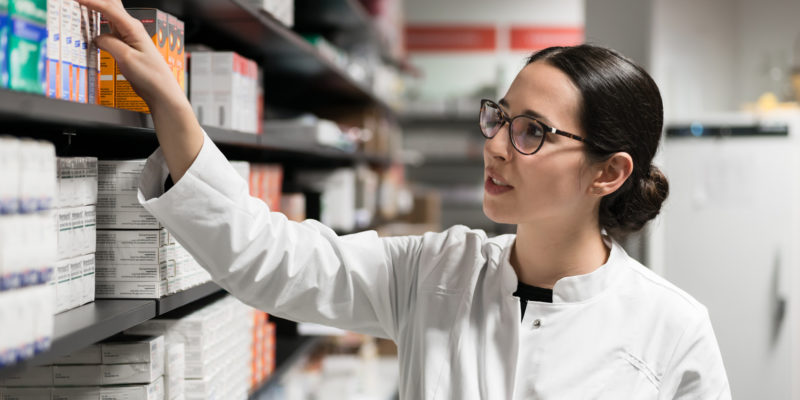NHS England, NHS Improvement and the National Institute for Health and Care Excellence (NICE) will be leading a new trial to test a subscription style model that will pay pharmaceutical companies upfront for access to drugs based on how useful they are to the NHS, instead of being paid by volume sold.
The idea is to make it more appealing for companies to invest the £1 billion or thereabouts that it costs to develop new drugs, so they can rest easy knowing that they’ll still be paid for pharmaceuticals even though they may be kept as reserves.
The NHS is currently trying to reduce the use of antibiotics in order to prevent antimicrobial resistance, with the organisations leading the project now calling on firms to identify products to be used in the initial phase of the test.
Resistant bacteria already causes over 700,000 deaths around the world each year, so it’s essential that antibiotics are only used when required.
“There is no greater threat to global health than drug-resistant infections, yet there have been no major new antibiotic drug classes discovered since the 1980s.
“Imagine a world in which a papercut can lead to infection that can’t be controlled. We must stop that from happening. Tackling superbugs needs global leadership and peoples’ lives depend on us finding a new way forward.
“Our NHS is in a unique position to take a global lead in testing new payment models. We will take the lead but this is a global problem and we cannot succeed alone,” Matt Hancock, health and social care secretary, said.
The government’s Keep Antibiotics Working campaign is due to restart this October, alerting the public to the risks of antibiotic resistance and encouraging them to always follow their healthcare professional’s advice on antibiotics.
A Public Health England report published last year revealed how more than three million common procedures, including hip replacements and cesarean sections, could become life-threatening without antibiotics.
If we didn’t have such drugs, surgery-related infections could double, which would put people at risk of complications. Cancer patients would also be a lot more vulnerable if antibiotics were ineffective, since cancer and the treatments involved reduce the immune system’s ability to fight infection.
Despite the risks associated with antibiotic resistance, research also shows that 38 per cent of people would still have expected to be given an antibiotic from an NHS walk-in centre, a doctor’s surgery or a GP out of hours service when visiting with a cough, or chest, sinus, ear, throat or chest infection in 2017.
Chief medical officer for England Professor Dame Sally Davies said while prescribing rates of antibiotics have fallen in recent years, there is still a pressing need to preserve what drugs we do still have so they continue to be effective for those seriously in need, as well as preventing infections from emerging in the first place.
For pharmaceutical validation services, take a look here.

